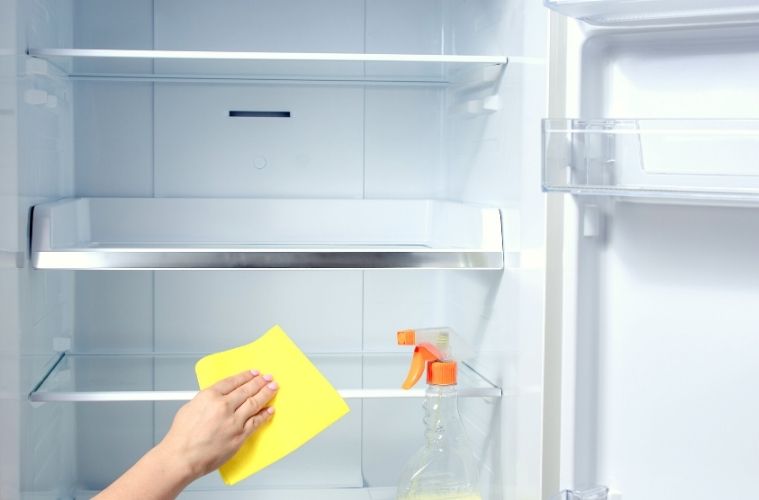Second homes spend more time vacant than primary residences. Read on to learn more about how to winterize your vacation home.
Inspect the Exterior
Several weeks before you plan to leave, thoroughly inspect the exterior of your vacation home. Arrange for any necessary repairs, such as replacing missing roof shingles or sealing gaps that have appeared around vents or in the attic that could admit critters in your absence.
Shut Off the Water and Drain the Pipes
Shut off the water at the main valve where it enters the house. Then, drain the pipes by working from the top of the house to the bottom, opening faucets. Don’t forget to detach hoses and drain outdoor faucets as well. Flush the toilets and dip the tanks empty. However, you don’t want the trap to dry up, allowing sewer gas to enter your home. Cover the bowl with plastic wrap to prevent evaporation from the trap.
If you have a pool, drain it. Make sure your fencing and signage for outdoor pools comply with all safety requirements. If your second home is near a southern shore and remains useful through the winter, inspect your pool enclosure for damage that may require re-screening.
Clean Out the Fridge and Defrost the Freezer
Don’t risk a moldy science experiment taking over your fridge. Clear out all perishable food, wash bins and shelves, and wipe down the interior. Defrost, unplug, let dry, and leave the doors open until you return.
Store any non-perishables that might attract wildlife or vermin in containers with secure lids. Bears have been known to use claws as can openers, so lock up or remove canned foods. Empty and clean out all garbage bins and make one last trip to the municipal dump or garbage collection point.
Vacuum Rugs and Launder Linens
Before you leave, everything in the home should be clean. Vacuum all rugs and floors to take up any crumbs that may be lurking in carpets or floor seams, threatening to attract rodents and insects. Wipe counters and the inside of cabinets, and leave the cabinets and open. Store clean, dry linens in closed boxes that deter rodents.
Shut Off the Electricity
Switch off all circuits except those needed to keep the heat running just enough to keep the interior above freezing. Unplug all appliances. Unless your home has gas heat, shut off the gas or temporarily suspend gas service. Turn off pilot lights on the stove and water heater, and drain the water heater. Shut off gas fireplace ignition valves. Close flues and make sure your chimney cap protects against invasion by wildlife.
Arrange for Monitoring
Although your home may have an alarm system, it’s still important to arrange for someone to come by and check on it once or twice a week. Big storms or power outages can affect your winterized vacation home even if you’ve taken every precaution.

